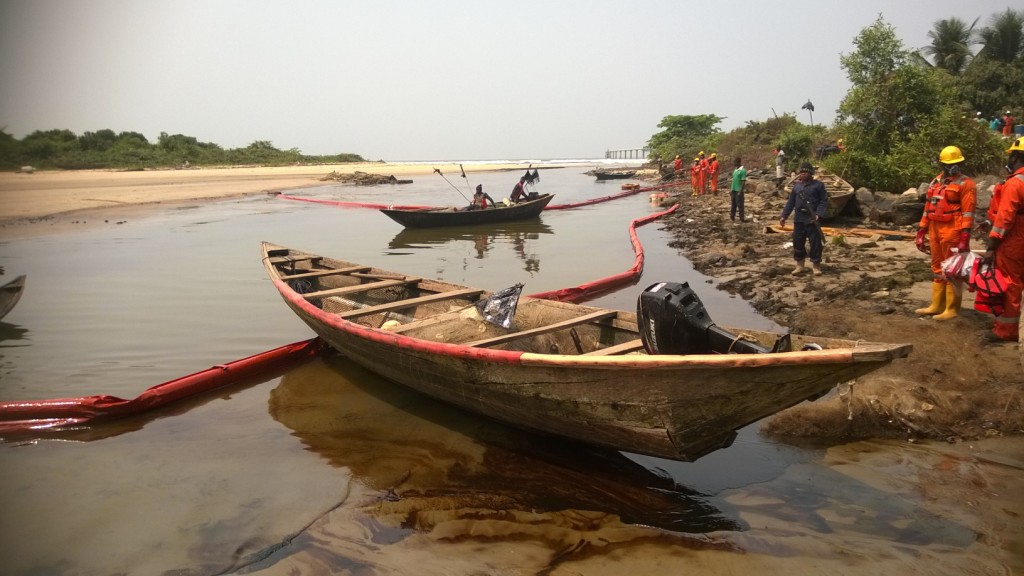The growing incidences of oil and gas facility explosion and spillages, with three occurrences in the last five months from April 2019, calls the activities of some of the companies operating in the Nigerian Niger Delta and regulatory agencies to question.

According to the African Centre for Climate Actions and Rural Development (ACCARD), most recent is the explosion from the crude oil truckline facility belonging to the Nigerian Petroleum Development Company (NPDC) in Otu-Jeremy, Delta State. A reoccurrence linked with technical failure or aging of facilities is being blamed on regulatory efforts and facility monitoring standards that may have been compromised.
ACCARD executive director, Mr Freeman Elohor Oluowo, said: “Beginning with the Chevron operated Ikpalakpala-boa oil well head spill at Tsekelewu, Delta State, followed the Petroleum Product Marketing Company (PPMC) pipeline explosion in Rivers State, are still fresh in the minds of Nigerians due to their magnitude of environmental destruction and death in the case of Rivers.
“More worrisome for environmental right groups is that, there are no complimentary response towards environmental clean-up and restoration of the Niger Delta environment. This is seen to further widen the poverty gap of the poor community people through livelihood losses, in addition to the several human health crises suffered.
“Although, several factors may be responsible for this deficit leading to their frequency in recent times. The responsible environmental regulatory agencies must step-up their roles in environmental and human health protections by properly monitoring not only the activities of these companies whether government or foreign-owned companies, but assess their manpower expertise and age of some their facilities for replacement.”
He called on the relevant agencies to implement in strict terms documented guidelines in line with international practices, and have industries publish their yearly but updated environmental and social responsibility policies to further guide their operations. He added that this would help to curtail operational negligence, and help them to deploy best practices in the country, especially as their reoccurrence were no longer an issue of vandalism or oil theft previously reported.
He went further: “Whereas regulatory lapses is quickly understood. It important to know that, elsewhere in most developed oil producing nations; oil lifting and depots would have a mini-aquaculture ponds and trained aquatic lives use in monitoring the slightest oil linkages and pollution from organisms responses. Nigeria is yet to attain safe and habitable environment for community people, less of marine monitoring.
“Also, most of the major oil & gas companies operate zero gas flaring rules and tolerance from the country where they originated. The difference in most developing countries, especially in the Nigerian Niger Delta has remained a question unanswered over the years.
“Whether several other reasons have resulted to the double standard in Nigeria including the government operated companies. ACCARD believes that similar standards as well as operational diligence be deployed in the country. Especially as environmental standards are globally the same as well as, most environment protection right equally signed as treaties and international agreements.
“Therefore, the convocation of a conference in the region to discuss some of these challenges among stakeholders in the environment, especially government, industrial operators, regulatory bodies and the academic community, to collectively foster a way forward in environment and/or climate management of the region, is now imminent to safeguard both human and the ecosystem’s health.”
